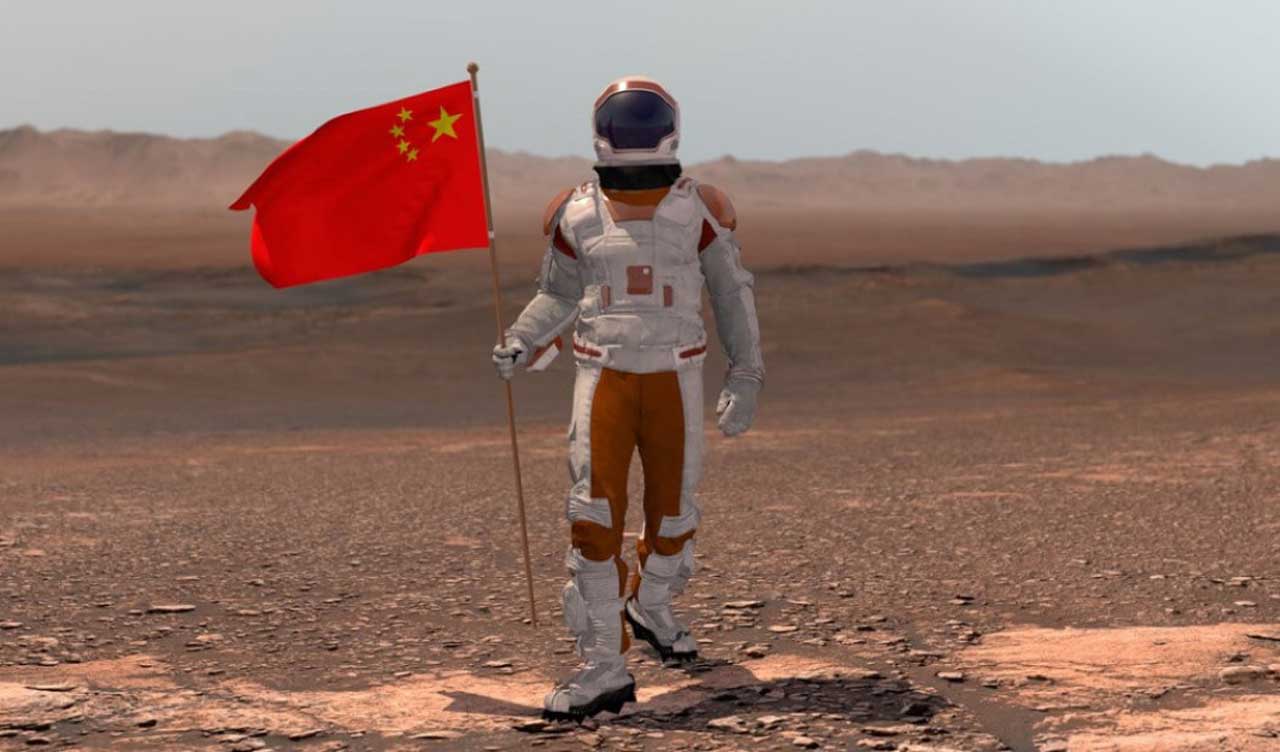With the world’s second-largest space budget and 300,000 employees in the sector, China is clear about its goals for space exploration. In terms of space tourism, President Xi Jinping’s goal is becoming increasingly clear: to make China a leading space power by 2045.
Yang Yiqiang, the founder of CAS Space (Beijing Zhongke Aerospace Exploration Technology Co., Ltd.), affirmed these goals: “With the rapid development of space technology, space flight is no longer a fantasy for ordinary people, it is becoming a reality.”
This is an important step that has just been taken as there have been no specific space tourism projects in China, even if some companies such as Landspace, iSpace, or Space Transportation have tried unsuccessfully to chart market benchmarks.
According to a press release from CAS Space, the company intends to conduct a first demonstration flight in the second half of 2022, followed by a full suborbital test flight in 2023, with suborbital travel services for customers starting as early as 2024.
1000 passengers a year into space
CAS Space was established in December 2018. It is one of many Chinese commercial launch companies that have emerged since 2014 when China opened up its space sector to private capital.
CAS Space is a well-funded company with a strong heritage, experience, and support from the Chinese Academy of Sciences (CAS) and the Guangzhou government.
The company estimates that its reusable rocket could carry 1,000 passengers into space each year, at a rate of seven tourists per flight.
Before the 10-minute flight over the Karman Line, passengers will undergo a short training session that will give them 3 minutes of “weightlessness”. The cost of such an “excursion” into space would be approximately $300,000.
2nd largest space budget in the world
CAS Space has just signed a cooperation agreement with a major Chinese state-owned travel agency so that they can jointly explore the space tourism market.
In addition, the rocket landing site will be integrated into an aerospace theme park, which will include a space experience room and an aerospace science education base.
Thus, China is realizing its desire to have cheaper and more efficient launch services and thereby compete with space agencies such as NASA or private aerospace companies such as SpaceX or Virgin Galactic.
China has the second largest space budget in the world at $10.3 billion and employs 18 times the number of NASA employees or 300,000 people.

